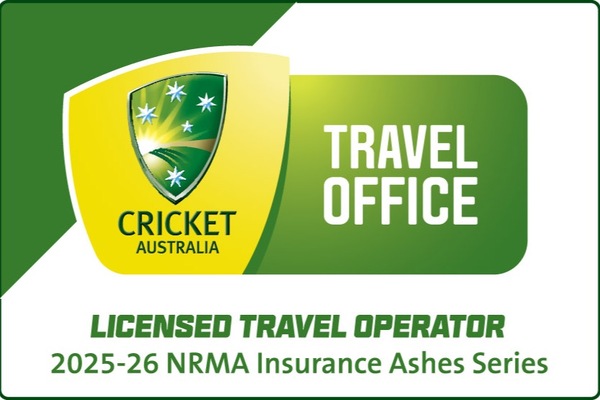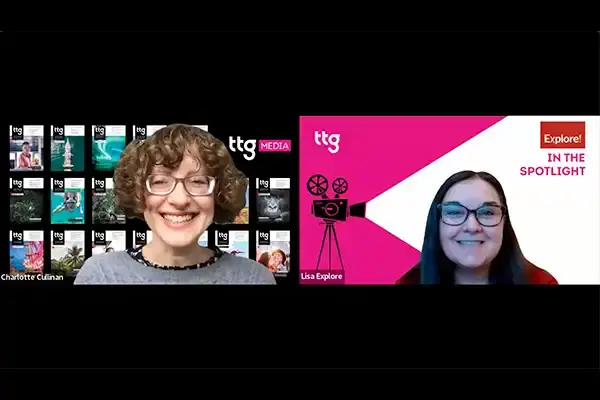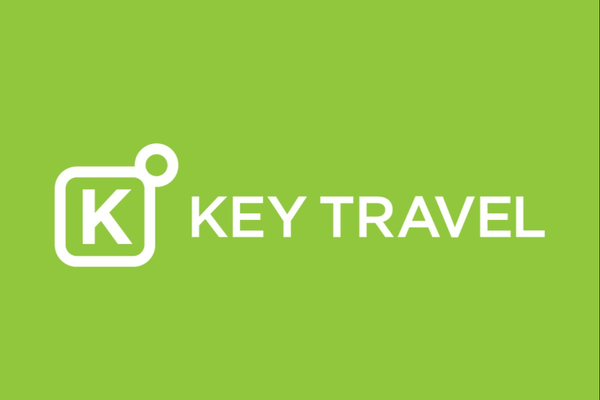'Why travel needs more mental health first aiders'
 Rachel O'Reilly
Rachel O'ReillyI first heard about Mental Health First Aiders at an Abta convention a few years ago. Journalist and author Bryony Gordon, who interviewed Prince Harry when he opened up about his mental health, was on stage talking about what companies can do to support their staff.
As part of that session she asked the audience of travel executives how many of them had struggled with their mental health at some point in their life. Slowly hands started to go up. Not just a few either, it could have been almost a quarter of the room. My friend sitting on the same row had his arm in the air.
I couldn’t help feeling that if another question had followed, asking people if they have supported a friend, family member or colleague with mental ill health, then well over half the delegates would have their hands raised.
The fact that a major industry conference had mental health on the main stage, proved that even before the Covid-19 pandemic took hold, a mental health crisis was already gaining momentum. A modern-day plague, exacerbated perhaps by our frantic, always-on lifestyles.
I applaud the media, including TTG, for reporting sensitively on the topic and opening up discussions, at a time when the mental health of many in our industry is being tested to the limit.
And yet, I can’t help feeling that many companies are keen to virtue signal without investing and really digging deeper to understand what’s going on. Because the reality is that, left untreated, mental illness can create behaviour that’s hard to fathom unless those around you are equipped with a basic understanding of the warning signs.
Last month I was given the opportunity to train as a Mental Health First Aider (MHFA). During the autumn lockdown, I joined a group of 12 people from a wide range of industries for tutor-hosted online classes and discussions, supported with online learning, reading and tests.
One of the first things we talked about was our own wellbeing. Our tutor talked about the “stress container”, a virtual glass beaker filled with thoughts about work, family, health, home and finances. At what point does your container become near capacity and threaten to overflow?
It’s a good visualisation tool, which Alastair Campbell tested when he explored alternative treatments for his depression for a BBC documentary.
The other thing you learn on the course is listening skills. Learning to listen is not something we’re formally taught. Learning to speak, write and read fluently are communications skills we take years to perfect though the school years. In contrast there is little or no formal training about how to listen, yet we use listening skills for 45% of our communication in day-to-day life.
Using real-life stories, the MHFA training gives you an insight to the vast spectrum of mental illnesses from depression to acute anxiety and eating disorders to psychosis. Those real-life stories help you understand the pain a person is going through so you’re able to recognise signs and approach the person sensitively, with dignity and respect.
The main thing to remember about MHFA training is that you are not there as a professional. Doctors and therapists have spent years studying, so they are best placed to prescribe treatment whether medical, talking therapy or self-help. Your role is to help approach the person, listen, offer advice and encourage them to seek the right professional help.
By doing the course I felt that my eyes were opened. Whilst I had some personal experience through supporting a close family member, I felt better equipped to use the right language, identify issues before they become a crisis and know what professional help is available to steer people towards.
Despite the huge strides that have been made in recent years though, there is still stigma attached to opening up about mental health. People who struggle fear they may be labelled high-maintenance, rude, unreliable or lazy.
I left the course feeling that if everyone in the workplace had a basic understanding of the trauma caused by being unwell, they would approach situations with more insight and compassion.
At Kuoni, I’m lucky to have an employer that continues to invest in this area. Through our partnership with Mind, all of us in the company are learning more all the time about how to raise awareness and offer support, but we know there is still a way to go.
Whatever the size or scale of your organisation, it’s never too late to start opening up the conversation about mental health, training yourself and a team and promoting a healthy approach to an issue which affects one in four people.
Rachel O’Reilly is head of communications at Der Touristik UK
Sign up for weekday travel news and analysis straight to your inbox

Rachel O'Reilly
Supplier Directory
Find contacts for 260+ travel suppliers. Type name, company or destination.














